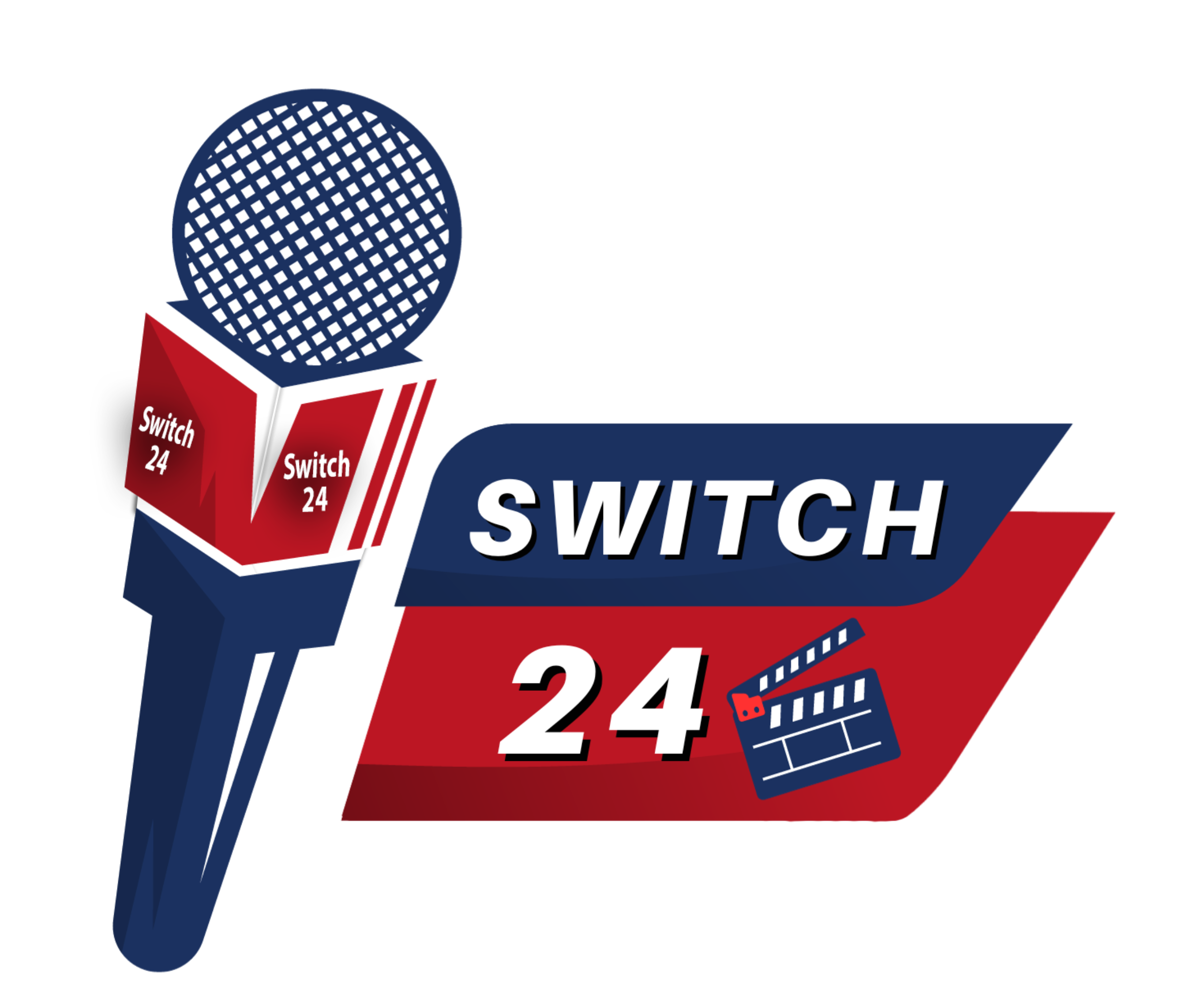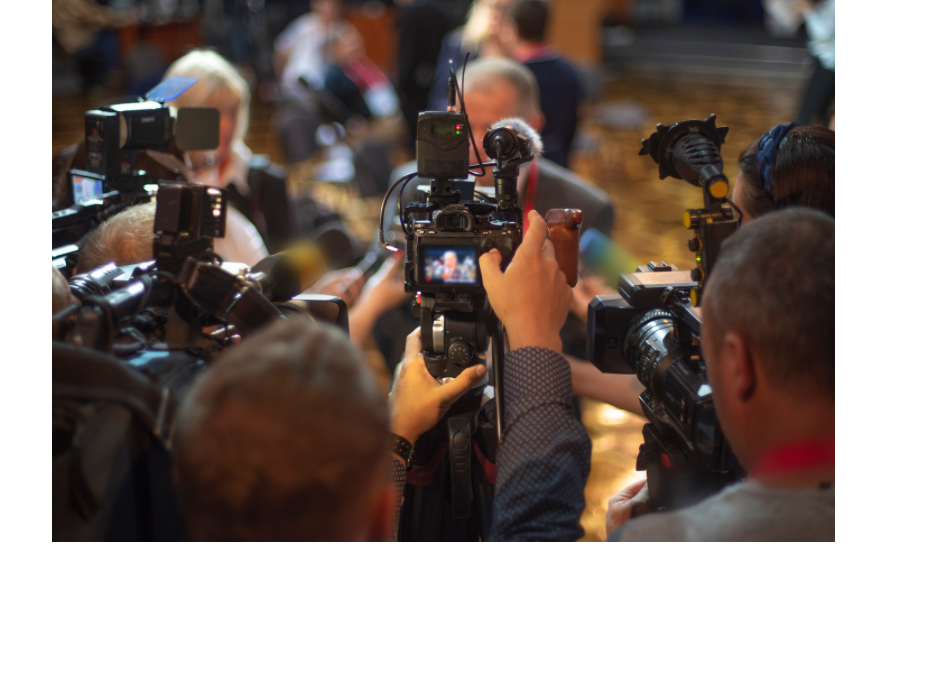In today’s complex and polarized world, the question of whether journalists can truly be neutral has never been more pertinent. The pursuit of unbiased reporting has long been a cornerstone of journalism ethics, but is absolute neutrality a myth, or can it be achieved? Let’s delve into the intriguing debate that challenges our very understanding of journalism’s role in society.
**1. The Myth of Absolute Neutrality:**
Can anyone truly be neutral when it comes to reporting? Human beings are inherently subjective creatures with unique perspectives, biases, and experiences. Journalists are no exception. Acknowledging this inherent subjectivity is the first step towards a more nuanced understanding of neutrality.
**2. The Ethical Dilemma:**
Journalists often grapple with ethical dilemmas. They must balance the desire for neutrality with their duty to report the truth. Sometimes, being neutral might mean downplaying or omitting facts that could potentially sway public opinion. Is this truly neutrality, or is it a form of bias by omission?
**3. The Quest for Fairness:**
While absolute neutrality might be unattainable, journalists can strive for fairness. Fair reporting involves presenting all sides of a story, giving voice to diverse perspectives, and ensuring that personal bias doesn’t unduly influence the narrative.
**4. The Influence of Media Ownership:**
The ownership of media organizations can significantly impact journalistic neutrality. When media conglomerates are tied to specific political or corporate interests, it becomes challenging for journalists to maintain true neutrality in their reporting.
**5. The Role of Citizen Journalism:**
In the age of social media and citizen journalism, anyone can become a reporter. But can citizen journalists truly be neutral, or do their personal beliefs and affiliations shape their reporting just as much as traditional journalists?
**6. Transparency as a Solution:**
Many argue that transparency about one’s biases and affiliations is the key to achieving a semblance of neutrality. When journalists openly disclose their personal leanings, readers can better interpret and contextualize the information presented.
**7. The Future of Journalism:**
As technology continues to evolve and the media landscape changes, the concept of journalistic neutrality will undoubtedly continue to be redefined. The question remains: Can journalism adapt to this changing landscape while upholding its core principles?
In conclusion, the quest for journalistic neutrality is a complex and ongoing journey. While absolute neutrality may be elusive, journalists can still strive for fairness, transparency, and a commitment to presenting multiple perspectives. The thought-provoking debate surrounding this issue challenges us to reflect on the role of journalism in our society and the responsibility of both journalists and readers in the pursuit of truth and understanding

